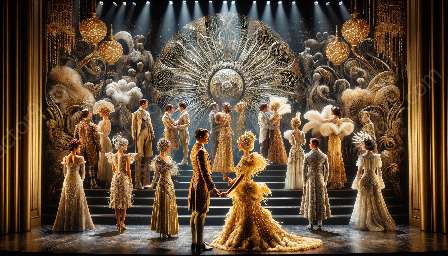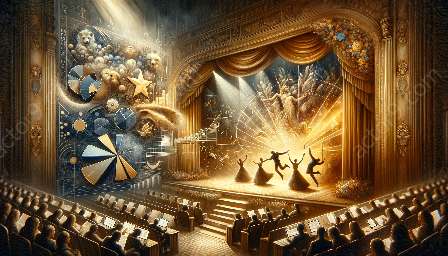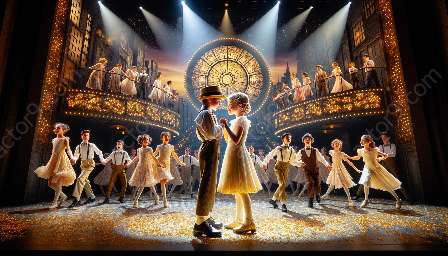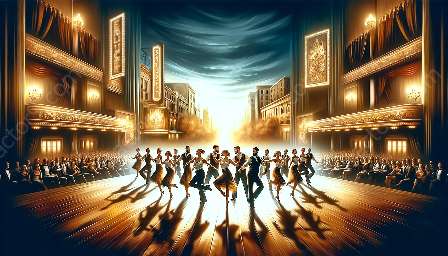When it comes to Broadway vs. Off-Broadway productions, there are distinct differences that contribute to the rich tapestry of musical theater. In this comprehensive guide, we'll delve into the nuances of each type of production, offering critical insights to showcase their unique contributions to the world of Broadway theatre criticism.
The Distinction Between Broadway and Off-Broadway Productions
First and foremost, it's essential to understand the key characteristics that differentiate Broadway and Off-Broadway productions. While both contribute to the world of musical theater, there are distinct parameters that set them apart.
Location and Size
Broadway productions are typically staged in large theaters located in the Theater District of New York City. These theaters have seating capacities ranging from 500 to 1,700 seats, offering grand stages for elaborate productions. On the other hand, Off-Broadway productions are staged in smaller theaters throughout New York City, with seating capacities ranging from 100 to 499 seats. This intimate setting allows for more experimental and unconventional productions, often with lower production costs.
Budget and Scale
Broadway productions are known for their high budgets, elaborate sets, extensive marketing campaigns, and significant financial backing. They are designed to appeal to a broad audience and often feature well-known actors and extravagant production values. In contrast, Off-Broadway productions operate on smaller budgets and are often characterized by their creativity, innovation, and willingness to take artistic risks. These productions may explore niche themes and storytelling styles that wouldn't necessarily appeal to a mainstream Broadway audience.
Commercial Success and Recognition
While Broadway productions aim for commercial success and critical acclaim on a grand scale, Off-Broadway productions focus more on artistic expression and the development of new works. Off-Broadway productions may serve as incubators for emerging playwrights, composers, and performers, nurturing fresh talent and providing a platform for more unconventional storytelling.
The Role of Broadway Theatre Criticism
Now that we've established the differences between Broadway and Off-Broadway productions, it's important to consider the impact of critical reviews on these theatrical experiences. Broadway theatre criticism plays a pivotal role in shaping audience perceptions, influencing ticket sales, and recognizing artistic excellence.
Evaluating Artistic Merit
Broadway and Off-Broadway productions are subject to rigorous critical assessment, with professional critics offering their perspectives on the quality of performances, direction, design, and overall artistic merit. While Broadway productions may face higher expectations due to their larger budgets and mainstream appeal, Off-Broadway productions are evaluated based on their ability to push boundaries, challenge conventions, and deliver thought-provoking experiences to discerning theatergoers.
Impact on Audience Perception
Critical reviews can significantly impact how audiences perceive Broadway and Off-Broadway productions. Positive reviews from reputable critics can bolster ticket sales and contribute to a production's longevity, while negative reviews may hinder a show's success. Given the competitive nature of the theater industry, the role of Broadway theatre criticism in guiding audience choices and shaping industry trends cannot be overstated.
Diversity of Perspectives
One of the strengths of Broadway theatre criticism is its ability to offer diverse perspectives on a wide range of productions. Critics are tasked with evaluating works across the spectrum of Broadway and Off-Broadway theater, providing audiences with insights that help them make informed decisions about which productions to support and experience.
Conclusion
In conclusion, the dichotomy between Broadway and Off-Broadway productions enriches the world of musical theater by offering diverse artistic expressions and storytelling modes. Understanding the critical nuances of each type of production helps audiences appreciate the depth and breadth of theatrical experiences available in New York City and beyond. As Broadway theatre criticism continues to shape the landscape of live performance, it is crucial to recognize and celebrate the unique contributions of both Broadway and Off-Broadway productions.



































